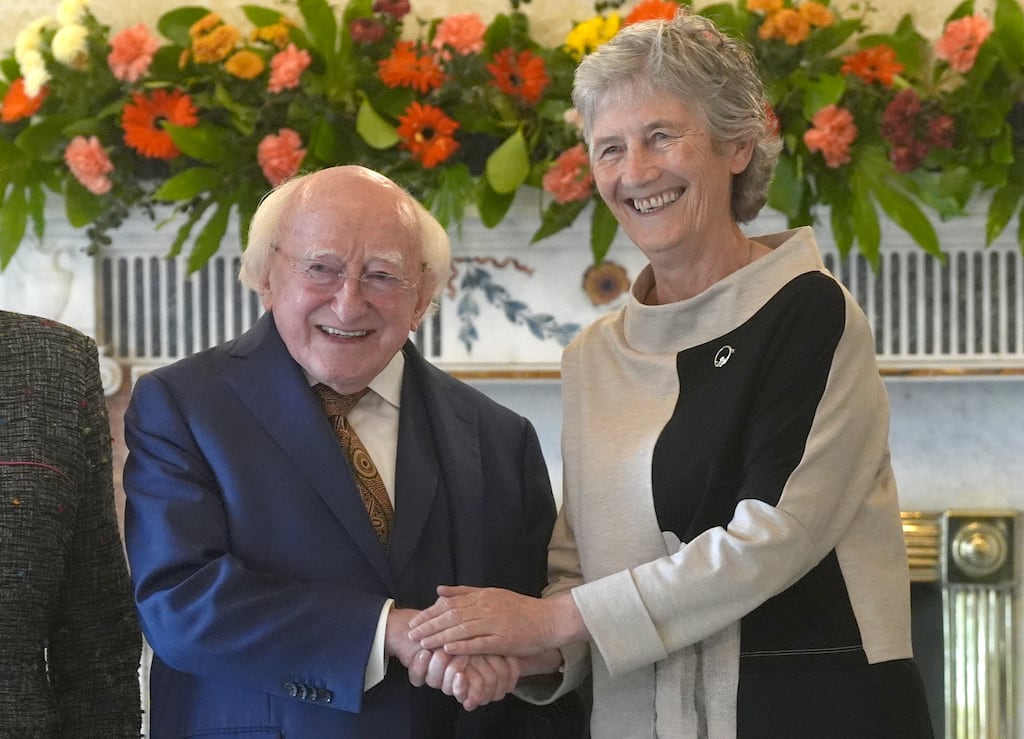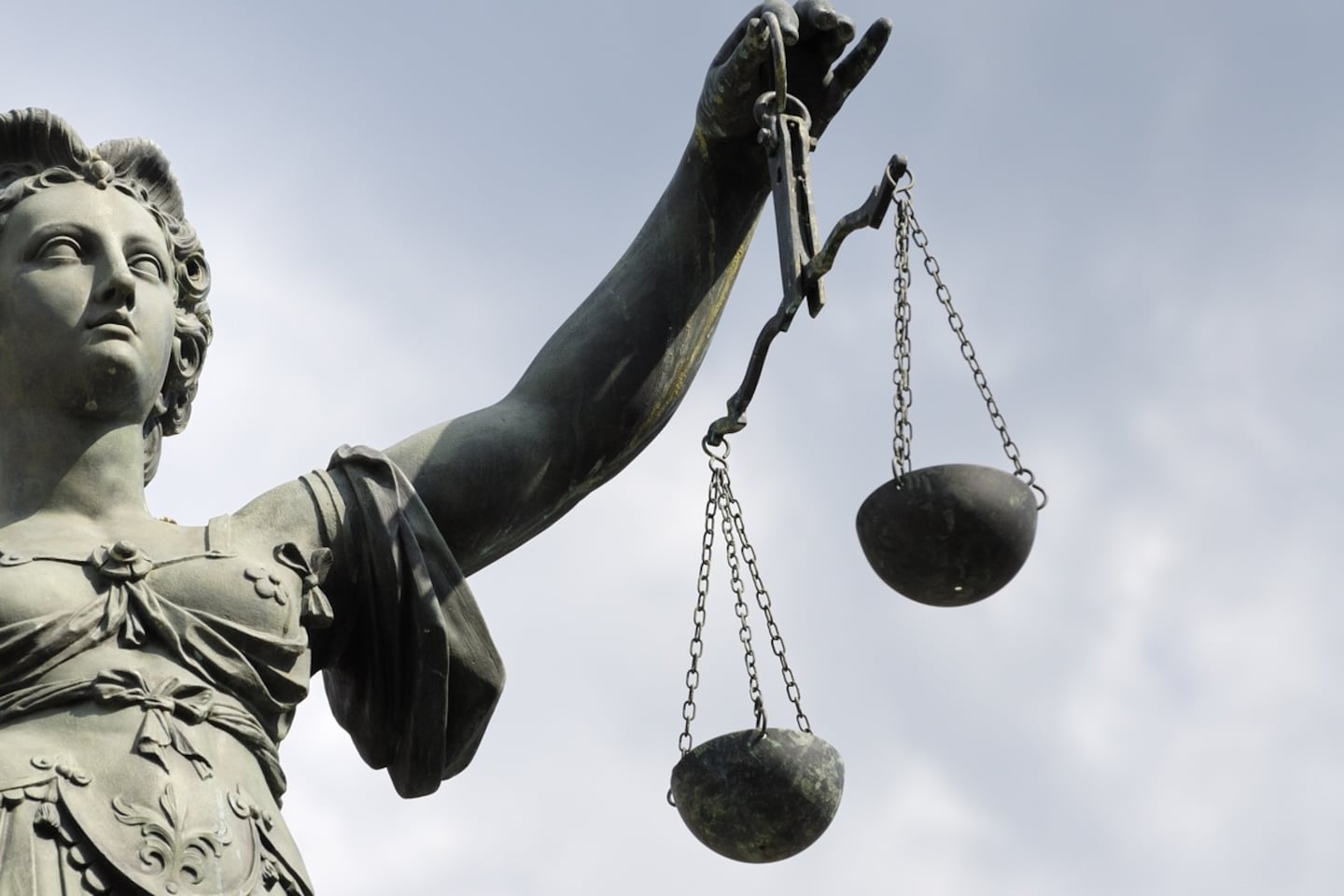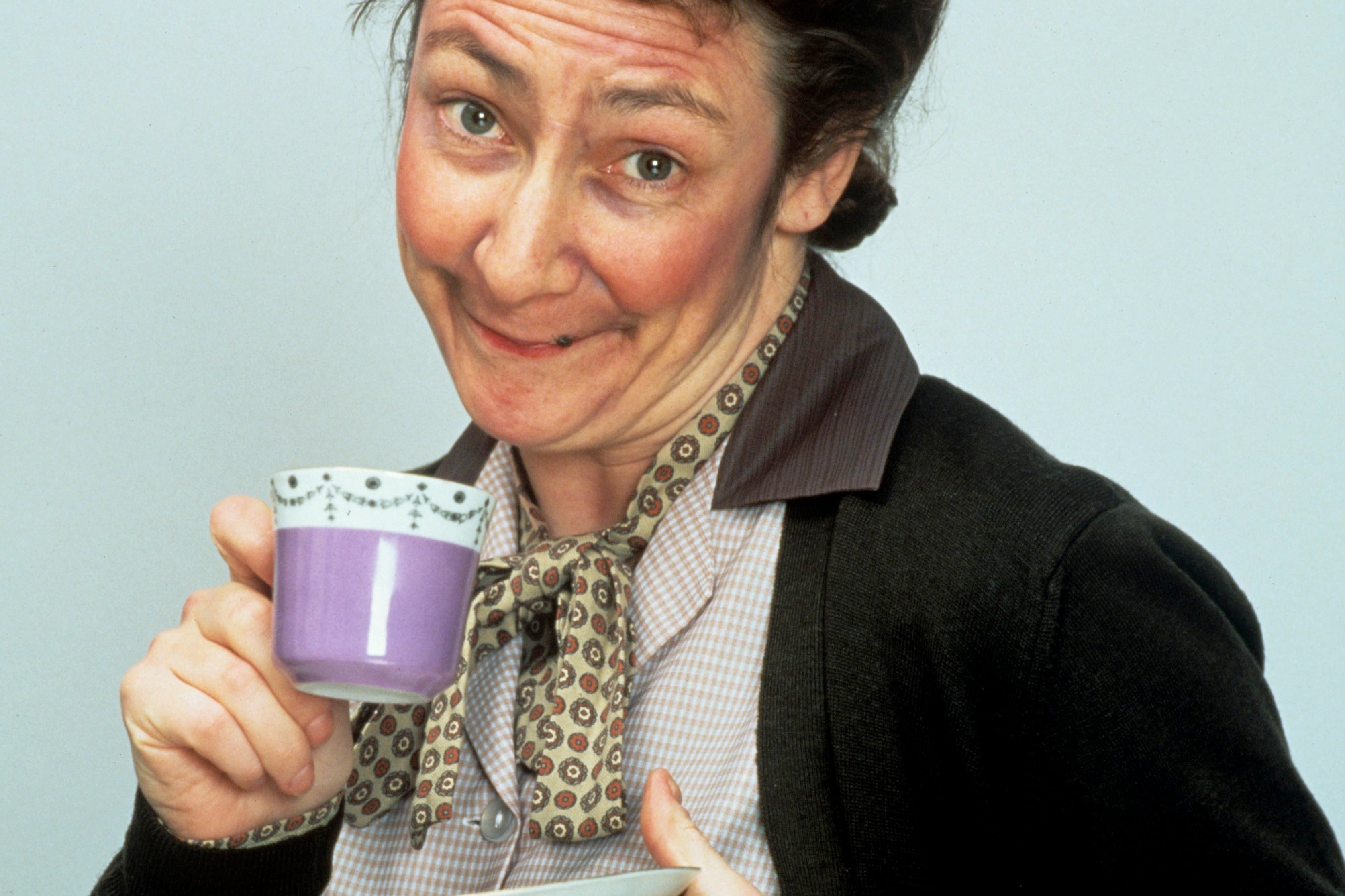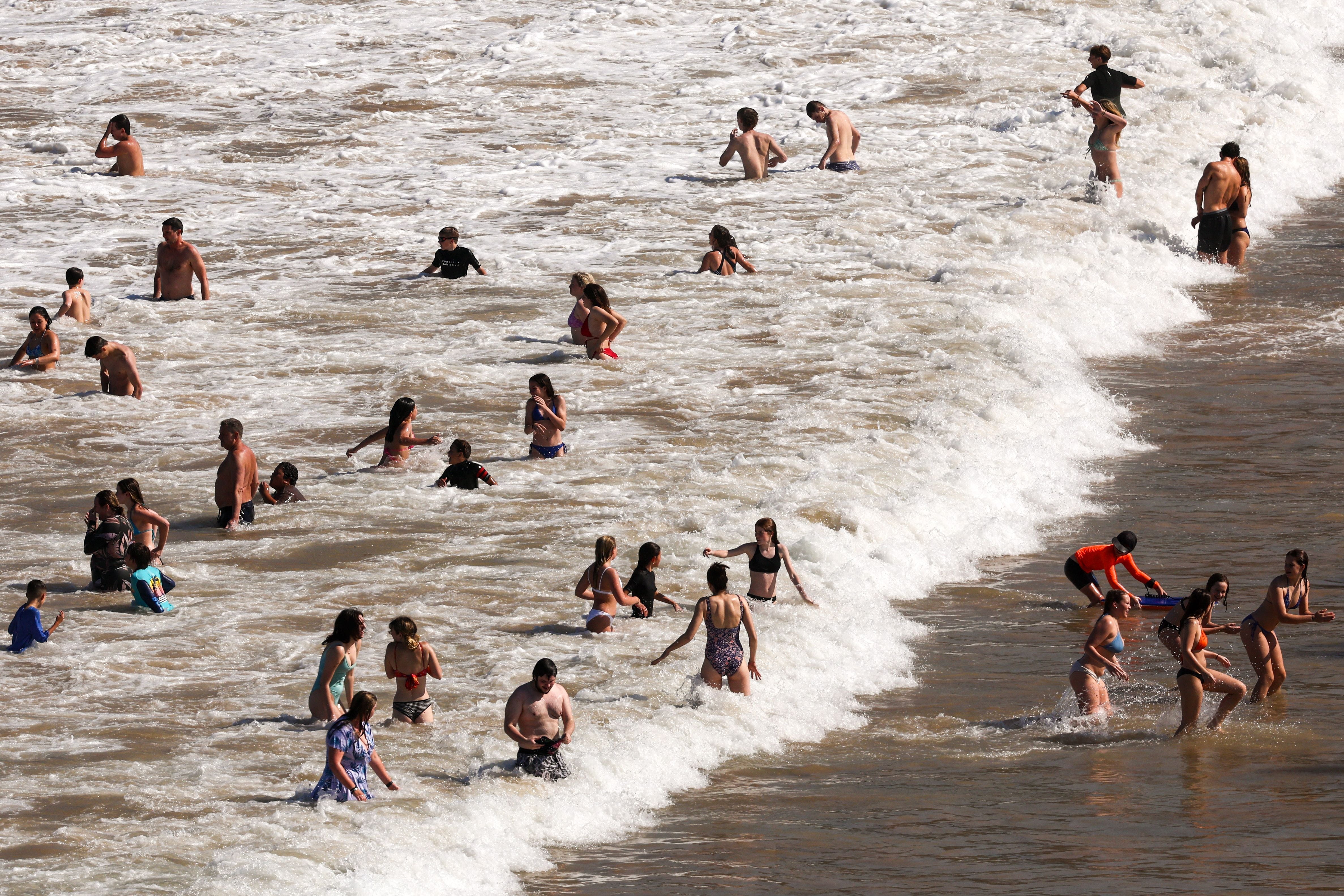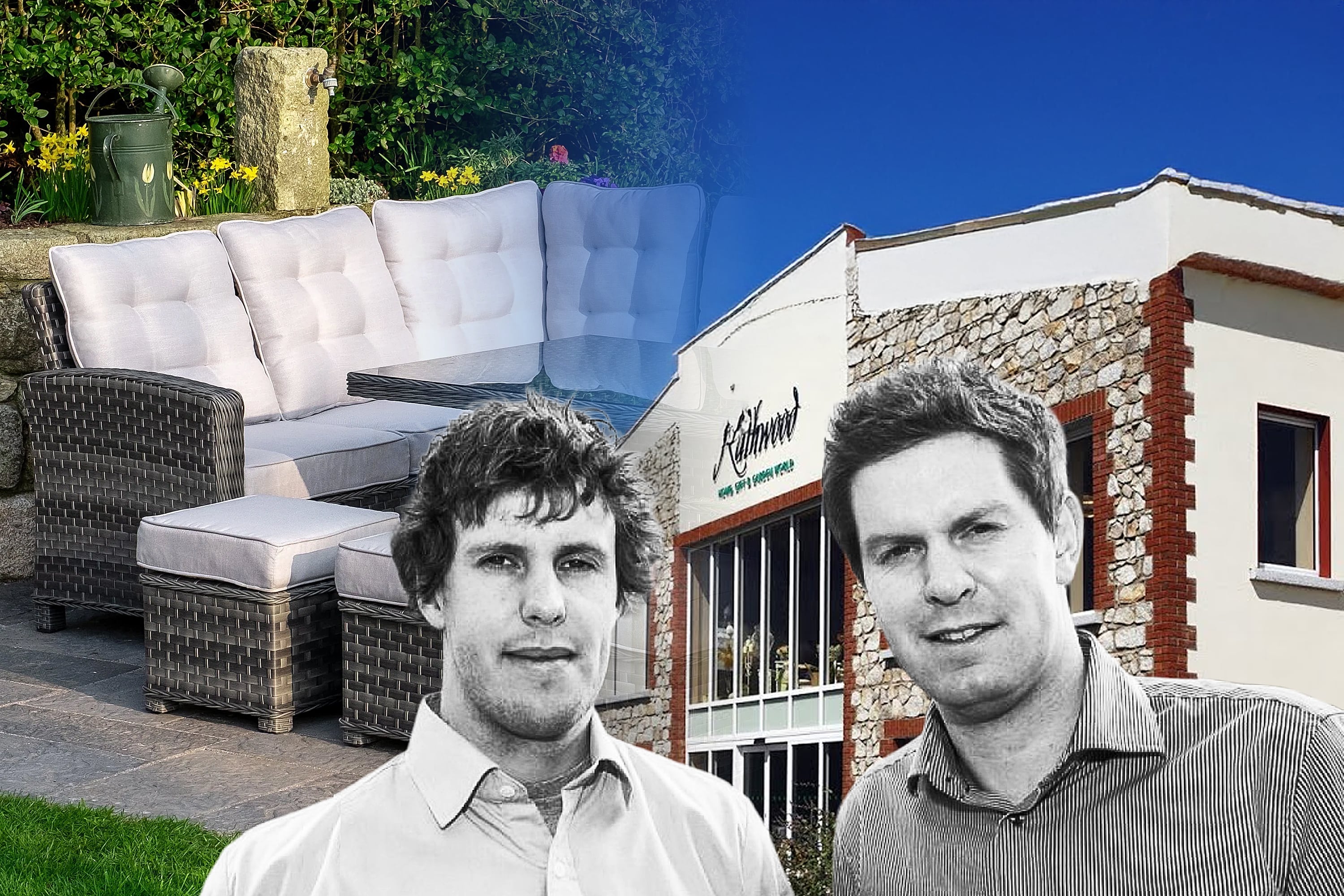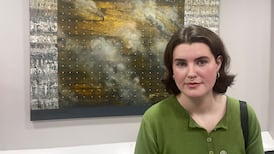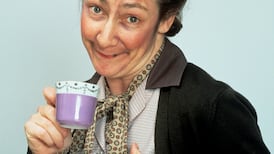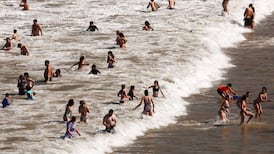Catherine Connolly will give her first speech as the 10th President of Ireland today when she is sworn into office in St Patrick’s Hall at Dublin Castle before being brought by motorcade to Áras an Uachtaráin.
The inauguration ceremony is scheduled to begin at about 10.30am (the live broadcast starts at 11.20am), with the Chief Justice set to present the Presidential Seal to Connolly shortly after 12.40pm, followed by her speech.
Inauguration speeches can set the tone for a president’s time in office. What should you watch for in Connolly’s first speech?
Irish
Before the 1960s, inaugural speeches were entirely as Gaeilge. Could Connolly, who plans to make it the working language of Áras an Uachtaráin, return to the tradition?
READ MORE
She may note that her inauguration marks the centenary of the first Gaeltacht Commission, which gave recommendations of how to prevent the further decline of the language.
She may want to balance her use of Irish with making sure her speech is inclusive. After all, only 40 per cent of people said in the last census they could speak the language. With this in mind, she may want to be inclusive to people who have moved to Ireland as adults.
This could be overcome with translation or subtitles, however. It’s a good bet that at least half the speech will be in Irish.
A theme
“Presidents, under the Irish Constitution, don’t have policies. But . . . a president can have a theme,” the fifth president, Cearbhall Ó Dálaigh, said in his inaugural speech. Mary McAleese quoted him as she took office in 1997, announcing her theme of “Building Bridges”.
Will the Connolly presidency have one unifying theme? Or, like her predecessor Michael D Higgins, will she choose a series of “special initiatives”?

Reaching out
It’s customary for presidents to use their inaugural speech to promise to be inclusive and to serve everyone, even those who opposed them as a candidate.
“She now has to reach out to all those who didn’t vote for her, which is the majority of the country given the turnout,” said Prof Gail McElroy, political science professor at Trinity College Dublin said.
“She’s very keen about being a steady hand. I suspect she’ll want to reassure those who might be worried that she’ll be ideological in the role.”
Neutrality
Connolly will be honoured with a 21-gun salute as she becomes the supreme commander of the Defence Forces. The guns are former British Army weapons that were acquired by the Defence Forces after they were heavily used in the second World War.
There is once again war on the European continent as Connolly takes office. She brings strong views on defence policy into her role. How strong will her remarks on neutrality be?
Which conflicts, if any, will she mention? Ukraine, Gaza or Sudan – each may suggest something about her international outlook and how strongly it will feature in her presidency.
[ Did Michael D Higgins change the nature of the presidency?Opens in new window ]
“The theme of her political career and her campaign is really pacificism,” said Eoin Daly, law lecturer at the University of Galway. “Because there is a war on within Europe, you would expect her to give expression to that.”
Climate change
Connolly is the first president who was backed by the Green Party, but climate change did not feature strongly in the presidential campaign. She takes office as crunch talks at Cop30 in Brazil attempt to salvage hopes of avoiding dangerous levels of climate change. Will Connolly fulfil her campaign promise to “do everything in my power” to keep climate change at the top of the national agenda?
Irish Unity
Connolly faced early scepticism within Sinn Féin about her commitment to Irish unity before ultimately convincing the party to back her candidacy. Will she refer, as Éamon de Valera did in his 1966 inauguration, to “the political unity which we so desire”?
Constitutional bounds
Although the Irish presidency does not have policy powers and is tightly circumscribed by the Constitution, campaigning candidates set out positions on everything from the housing crisis to international affairs.
The last three presidents have tested the bounds of office – Mary McAleese and Mary Robinson in a “subtle way” and Higgins with “a sledgehammer”, says Seán Ó Conaill, law lecturer at University College Cork.
“I think a phrase that would be interesting would be one recognising that the office does have limits,” Ó Conaill said.

He will be watching for signs of whether Connolly intends to be more of an “activist” or a “stateswoman” in the role.
“Even if she is closer ideologically to Higgins, I wonder does she see more value in the Mary Robinson approach,” Ó Conaill said.
One of the major questions Connolly’s victory has posed is whether the broad left coalition she brought together can pursue other electoral victories. Daly expects her to steer well clear of anything that might seem like political campaigning.
“Even though she has a radical left background, she does have a sense of constitutional decorum,” Daly said. “She has a legal background, she understands the Constitution . . . I don’t think she’s going to go rogue.”
Cultural references
New presidents often quote poetry. In 2018, Higgins quoted a prior speech of his own and an unfulfilled promise of the first Dáil in 1919. Having galvanised a young electorate, Connolly might choose a contemporary cultural reference. Perhaps some words in Irish would be well suited to the cultural moment.
